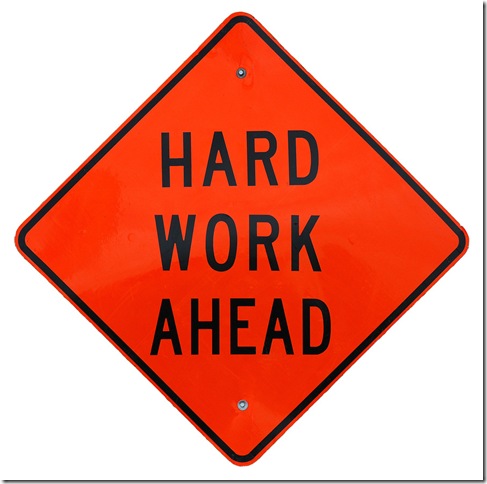Interviewing is an art more than a science so it does take preparation and practice to ace the interview. Here are some things to help you ace your next interview.
1) Confidence I find this lacking, especially with candidates that have been in a job search for a long time. As candidates become more and more desperate they tend to exude less and less confidence. This comes across in a number of ways that I believe most candidates don’t even realize. For example, body language, how you sit in the chair, eye contact, tone of voice, confidence when answering questions, staying so general when answering a question for fear that getting too specific or detailed may rule you out, or giving long rambling answers so as to encompass everything in the hope that you have covered what they are looking for.
Nobody wants to hire a person that isn’t confident. This is especially true at the manager level and up. Most candidates are more confident on the job than in an interview so it is very important that the interviewer sees the same confidence you will bring to the job.
2) Preparation This is the solution to having confidence. Taking the time to properly prepare is the biggest thing that candidates fail to do (or do properly) and I have seen this happen over and over again. Poor preparation is just as bad as no preparation.
When I coach candidates here are some of the ways we prepare:
1. I have the candidate write out answers to frequently asked questions. Candidates know that the questions about their ideal job, why they want to work here, compensation, why they left their last company, their strengths/weaknesses, management style and so on are going to be asked. Take some time to have prepared and practiced answers to these questions.
2. Video record yourself in a mock interview. This is one of the most powerful things you can do to prepare. This helps you see what the interviewer sees. You will see how you answer the questions, your body language, if you look at them when answering, how often you say, “UH” or “like,” if you actually answer the question the person asked you and if you come across confidently. These small things make a big difference in an interview.
3. Years ago when I first started recruiting, a Vice President of Human Resources at Rockwell told me the four “A’s” are critical to any successful interview, so you should consider these while preparing to interview.
• Appearance – This is not just how you dress for the interview, it is much more than that. It includes your body language during the interview, your handshake, the appearance of your resume and cover letter, the appearance of any materials used during the interview, presentation skills, and I hate to say it, but it does include physical appearance.
• Assertive – This is mostly about how you project yourself during the interview. Please take note, the word was not “aggressive.” There is a big difference between aggressive and assertive. Most interviewers respect an assertive person and dislike aggressive people. Do you come across as confident, do you answer the question with a strong voice, do you engage the interviewer during the interview, do you ask probing questions or just sit there and answer questions, do you mirror the interviewer, and does your body language and voice have a strong presence?
• Affable – Are you friendly, outgoing, easy to communicate with, engaging and even have a sense of humor? Does the interviewer feel comfortable talking with you, are they relaxed and feel at ease, on the way from the lobby to the interviewing room are you able to engage the interviewer, are you comfortable with casual conversation and are you building rapport with the person the second they lay eyes on you?
• Articulate – How well do you communicate? Do you listen to the question? Are your answers sharp and succinct? Do you have proper language skills, syntax, avoid using the word “like”, proper sentence structure and use of verbs? Do you ramble in the interview to make sure you hit every point in your background or are you able to quickly get to the point? This is one of the easiest “A’s” to master. It takes practice and rehearsing. Many will probably need a coach to help with this one.
On the surface, as you read these, they seem so obvious. Most are thinking, “I already know this stuff.” This may be true, however, knowing something and mastering it are substantially different. Good preparation and practice will help you master interviewing.
To help you focus on your job search be sure to download our free radio show recordings. They are in our candidate audio library. CLICK HERE to enter the library.
To validate whether or not your job search is effective, we have put together a job search self-assessment scorecard. You can’t fix what you don’t know isn’t working. This free download will help you identify weaknesses in your job search. CLICK HERE to download your free copy.
Tired of sending resumes and hearing nothing back? Try this cover letter. It has proven over many years to increase responses from recruiters and companies. Download a sample by CLICKING HERE
If you like this post please share it with your Facebook friends and LinkedIn connections.
I welcome your thoughts and comments.
Brad Remillard








